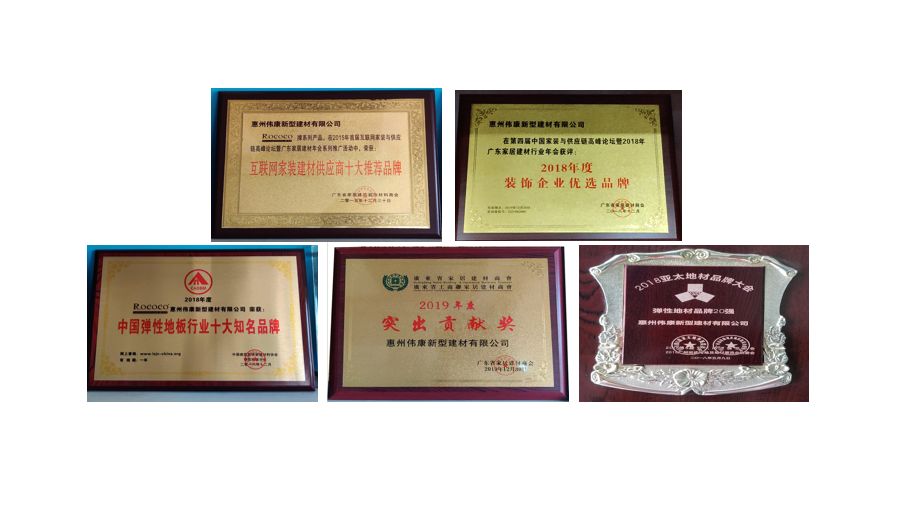
ISO certification
2023-08-03 14:23:56
Views: 544

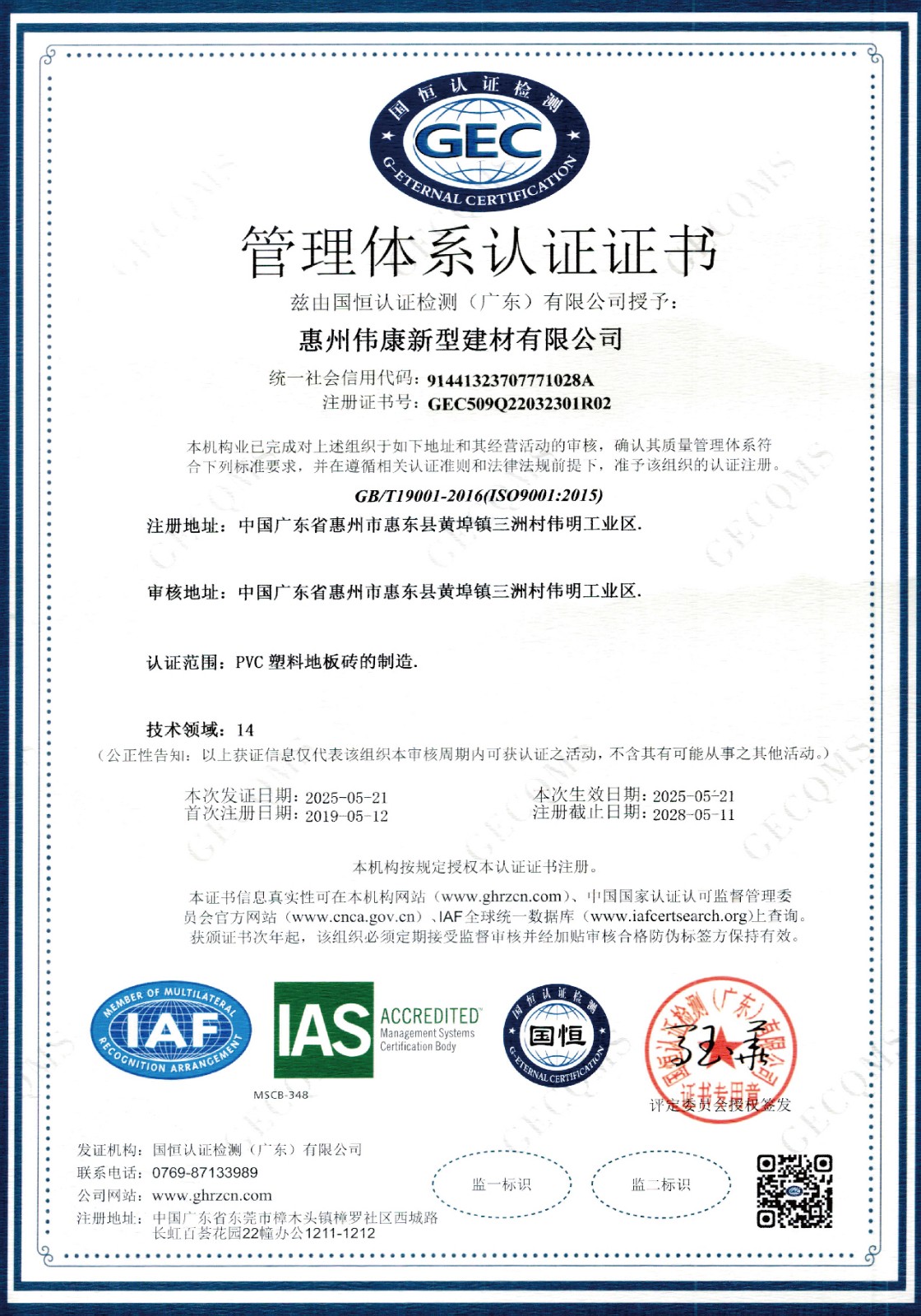
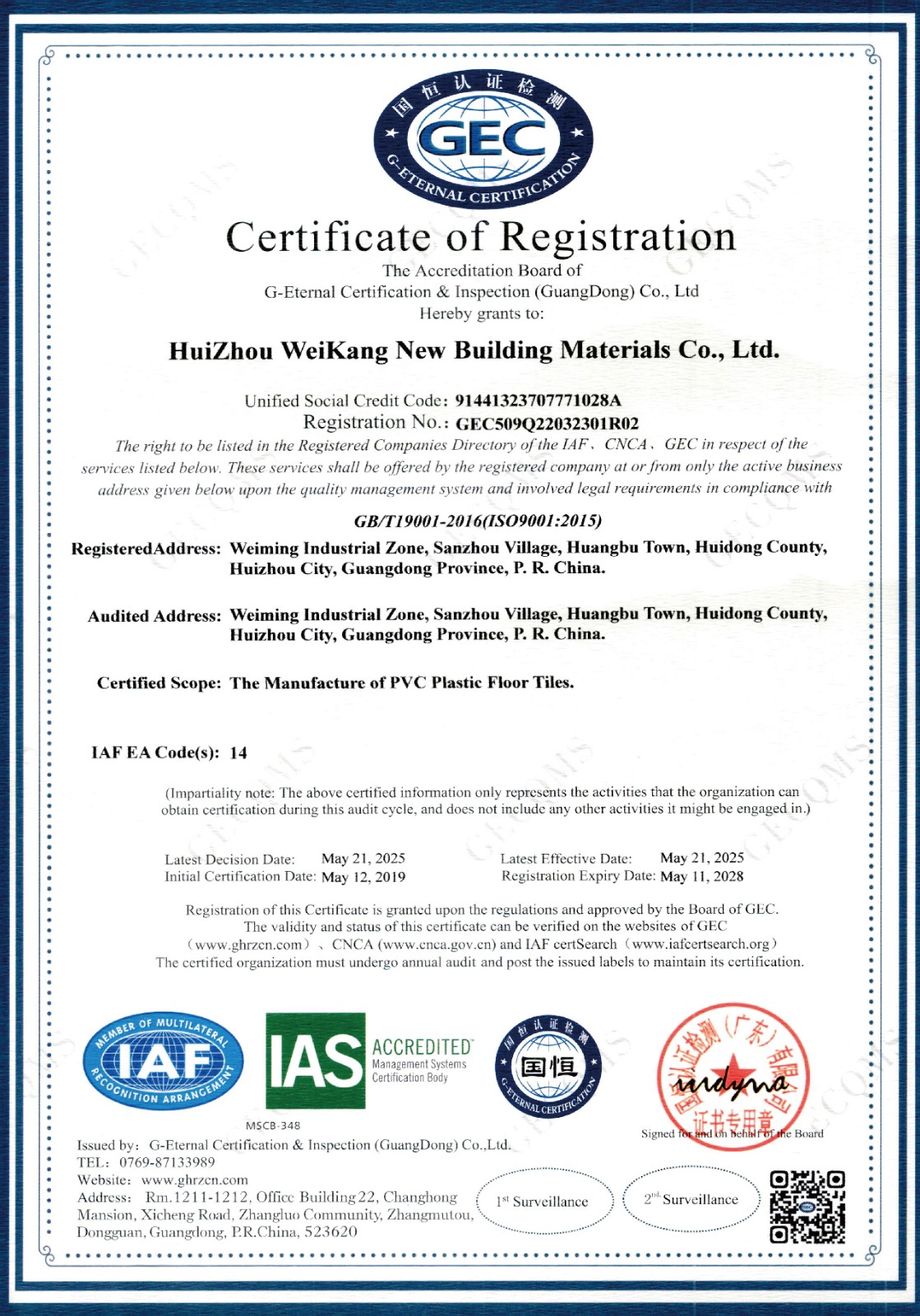
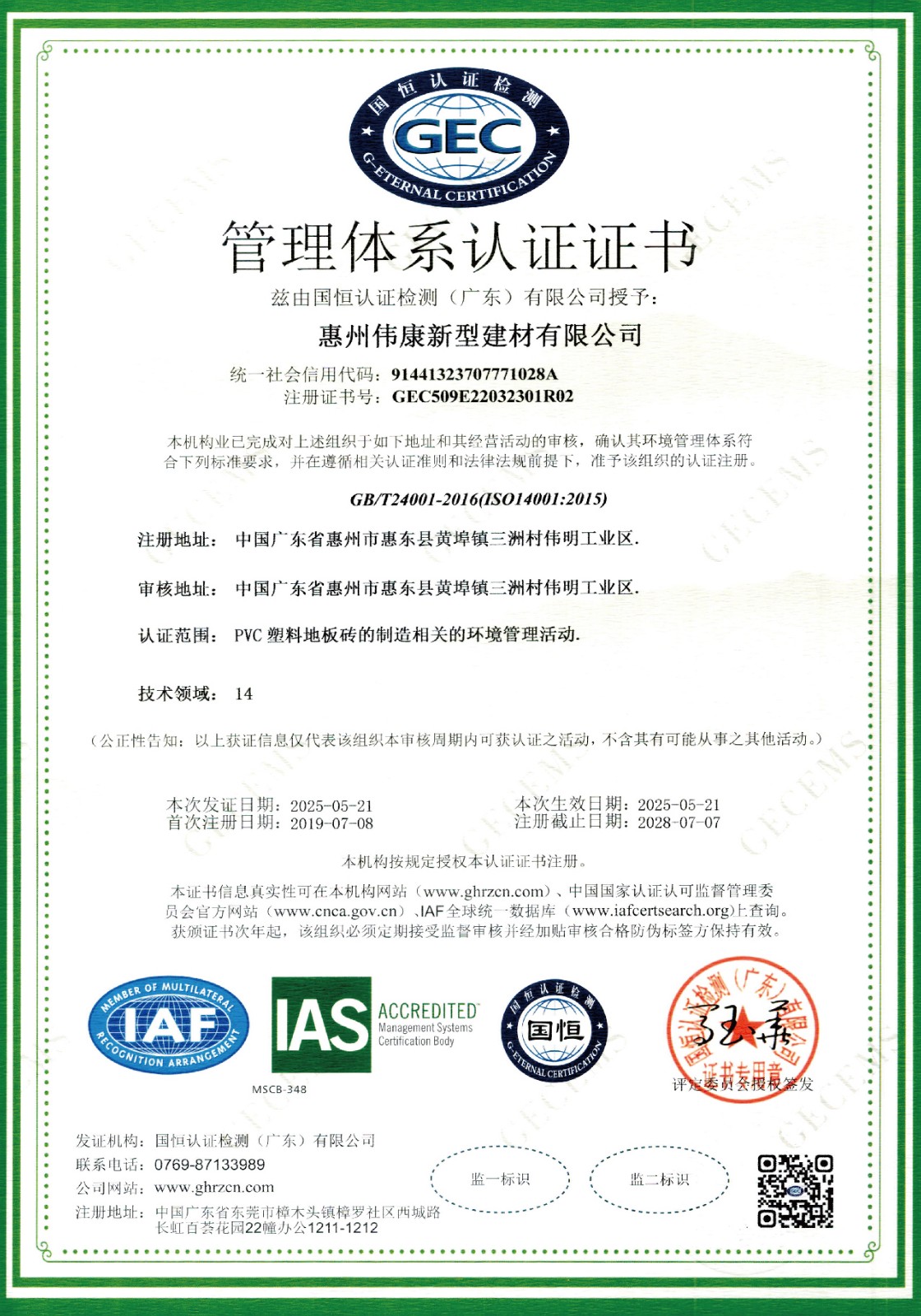

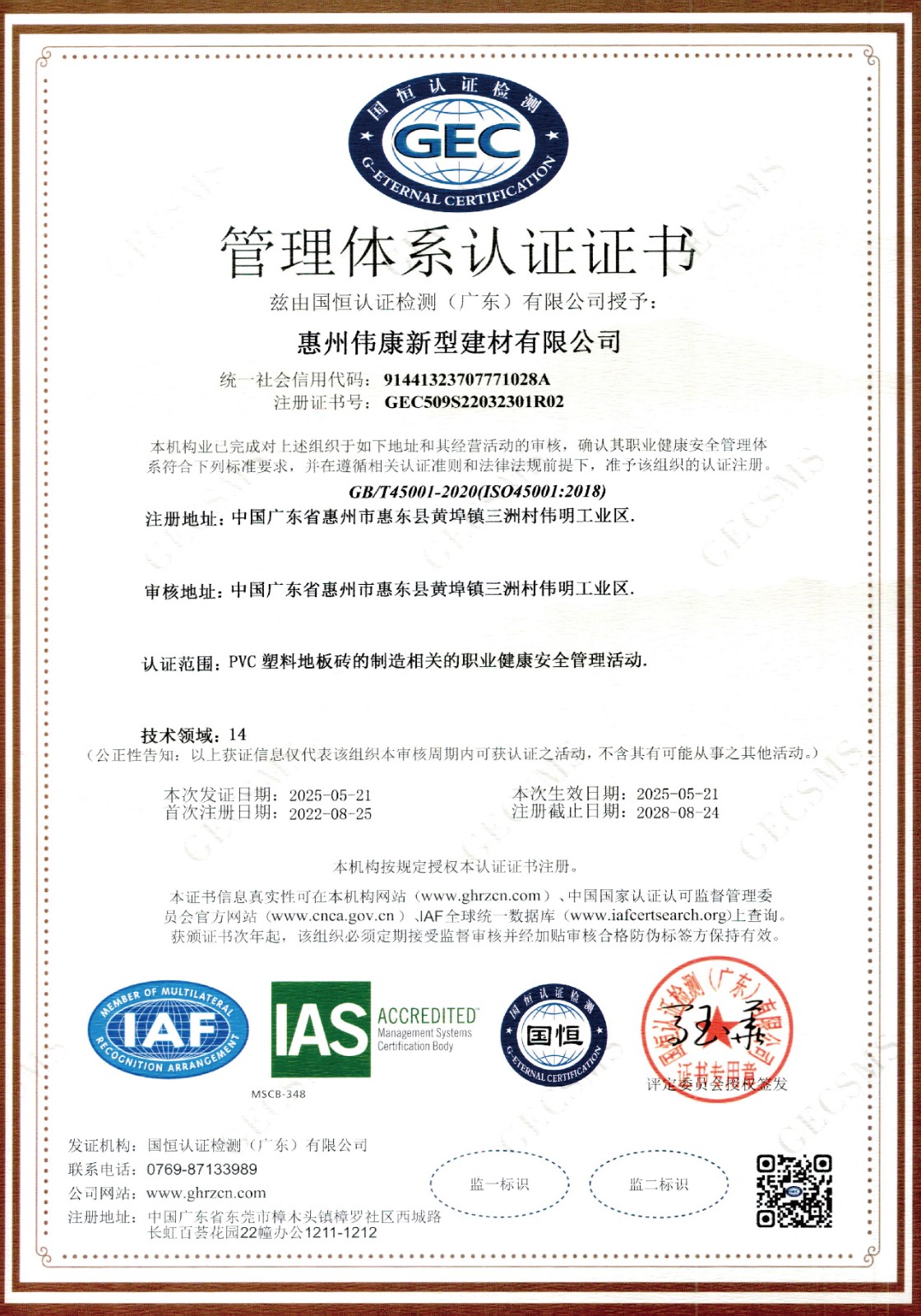
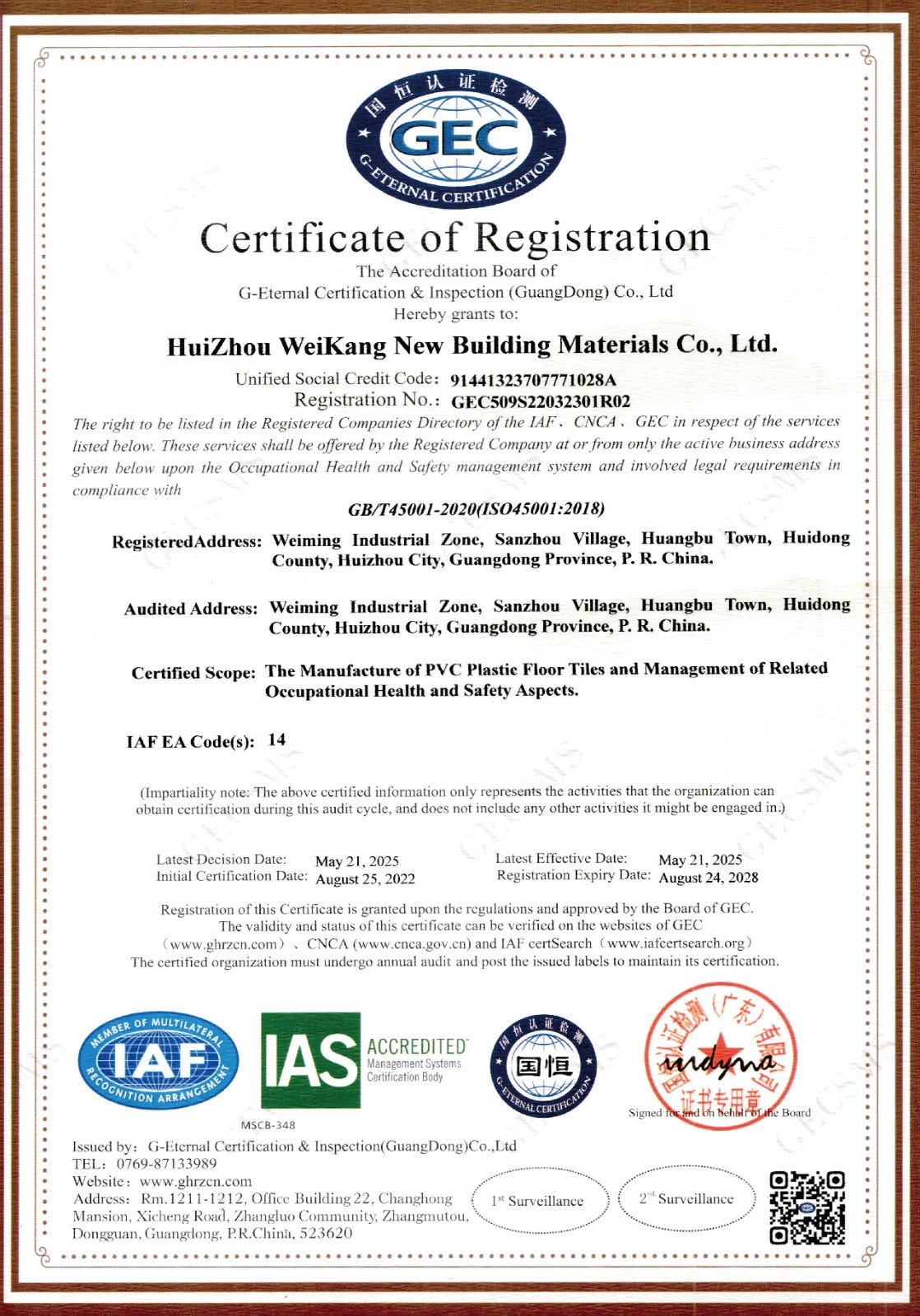
ISO Publicity
Quality Policy:
Full participation, scientific management, careful manufacturing, and continuous improvement.
Environmental Policy:
Full participation, compliance with laws and regulations, pollution prevention, energy conservation and consumption reduction.
Summary of Classic ISO Content:
One essence: Consistency in what is said, written, and done.
One core: Customer-centricity.
Two fundamental points:
Customer satisfaction and continuous improvement.
Three characteristics:
Suitability,
Adequacy,
Effectiveness.
Four "everything":
Everything has someone responsible,
Everything has rules to follow,
Everything has evidence to check,
Everything has someone to supervise.
Four major products:
Services, software, hardware, and process materials.
Five modules (1 general process, 4 major processes):
Quality management system,
Management responsibilities,
Resource management,
Product realization,
Measurement, analysis and improvement.
Six documents:
Document control procedure,
Quality record management procedure,
Internal audit procedure,
Non-conforming product control procedure,
Corrective action control procedure,
Preventive action control procedure.Eight principles:
Customer focus,
Leadership,
Involvement of people,
Process approach,
System approach to management,
Continual improvement,
Factual approach to decision making,
Mutually beneficial supplier relationships.
BSCI Publicity
What is BSCI?
The Business Social Compliance Initiative (BSCI for short) launched by the Foreign Trade Association (FTA) recognizes that international trade is a basic carrier of huma
n prosperity and socio-economic growth.
This Code of Conduct (BSCI Code of Conduct) is a set of principles and values that reflect the beliefs of BSCI participants and their expectations of their business partne
rs.
BSCI Values
By endorsing the BSCI Code of Conduct and communicating it to the supply chain, BSCI participants are guided by the following values:
- Continuous improvement: BSCI participants are committed to implementing the BSCI Code of Conduct in a step-by-step and development-oriented manner. BSCI part
icipants require their business partners to ensure continuous improvement of working conditions within their organizations.
- Cooperation: Through collaboration and common practices, BSCI participants can have a greater impact and better improve working conditions in the supply chain. T
he value of cooperation is equally important to the relationship with business partners in the supply chain, especially those that need support to make improvements.
Similarly, the spirit of cooperation is crucial to the relationship between enterprises and affected stakeholders at all levels.
- Empowerment: One of the purposes of BSCI is to enable BSCI participants and their business partners, especially the producers to be monitored, to develop supply c
hains in a way that respects human rights and labor rights, and to provide the units in the supply chain with the tools needed to sustainably improve working conditio
ns. The development of internal management systems plays a key role in integrating BSCI principles into the core of corporate culture.
BSCI Principles
- Freedom of association and collective bargaining rights,
- Non-discrimination,
- Fair remuneration,
- Decent working hours,
- Occupational health and safety,
- No child labor,
- Protection of young workers,
- No precarious employment,
- No forced labor,
- Environmental protection,
- Ethical business behavior





